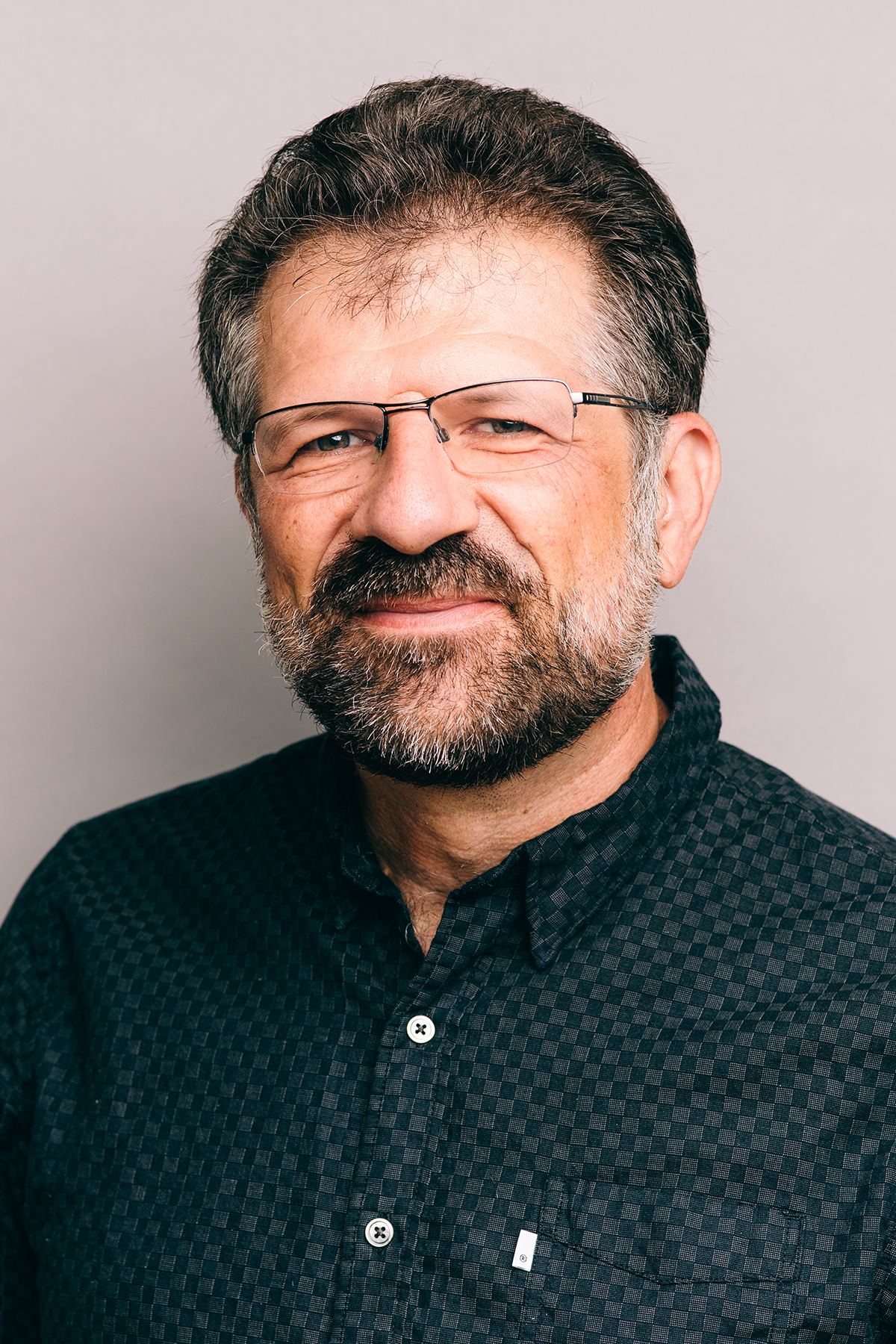
Communication
Sorin Matei
College of Liberal Arts Associate Dean of Research and Graduate Education and Professor of Communication, Brian Lamb School of Communication - studies the relationship between information technology, group behavior, and social structures. His current interests focus on modeling and simulating the role of communication and information processes in collaboration and conflict, spanning from knowledge production to military command and control.
His most important book, Structural Differentiation in Social Media studied 10 years' worth of Wikipedia editing or 250 million individual contributions to the site. The volume offers a new view of how online groups emerge. It identifies specific evolutionary phases, including a bureaucratic one. The book emphasizes the role of strong, although temporary, leaders for the success of any online project.
He has published several books and tens of articles in the Journal of Communication, Communication Research, Information Society, and Foreign Policy. His work was funded by the National Science Foundation and is conducted in collaboration with colleagues from various campus units, such as Computer Science and Engineering. Dr. Matei's teaching portfolio includes game-based and competency-based courses, such as Technology and Strategy, Data Storytelling, AI ethics, Social Media Analytics, Online Interaction and Facilitation, and Global Social Media Research. His teaching makes use of several software platforms he has co-developed, such as Visible Effort, Visible Past, Virtual Omaha, and Tech Diplomacy.
Dr. Matei is also known for his media work. He is a former BBC World Service journalist whose contributions have been published in Washington Post, National Interest, Foreign Policy, Esquire, Wall Street Journal, Times Higher Education, and leading Romanian newspapers. In Romania, he is known for his books Boierii Mintii (The Mind Boyars), Idolii forului (Idols of the forum), and Idei de schimb (Spare ideas).
Author or editor of several books and over 100 papers and book chapters, several award-winning. Topics:
- Simulation and modeling of human-machine groups. Evolutionary models that explain how social media knowledge groups grow and sustain themselves. (Wikipedia, Stack Overflow, etc.)
- AI and Tech Ethics
- Big data and data science applied to communication and social media
- Human-computer interaction and design practices.
- Practical methods and principles for developing transparent and accountable social media.
Innovator in STEM education. Strategic planning and development of transdisciplinary programs:
- Initiator of the ROSETTA program – Remote Sensing and Observation in Archaeology
- Founder of the FORCES program – 4S: Strategy, Security, and Social Systems
- Founder and director of the Upcoming Strategic Defense Technologies Graduate Program
- Creator of the Data Storytelling non-credit Program
- Creator of Competency-based learning methods
Developer of publishing, collaborative, and knowledge management tools inspired by theoretical research:
- Battleflow: A fluid mechanics model for military human-technology interactions in time and space.
- Visible Effort: A wiki environment for self-moderation using social entropy indicators as collaborative cues
PI, Co-PI, and leader of multiple extramural awards: NSF, EU Horizon 2020, Mellon, Kettering, Kauffman, Motorola, Department of Homeland Security.
- Created and led multiple cross-disciplinary research teams for big data.
- Topics: social-behavioral uses of communication technologies; trust and authority; social structures that produce quality content; social media-induced risk-averse and risk-prone behavior, AI ethics learning.
Founder, leader, and educational director of the Global Communication Study Abroad Program in Paris, France.
The program was created with assistance from the Superior Council for Audiovisual Media (FCC equivalent) and the National Assembly (French Congress).
A professionally oriented instructional program that focuses on learning experientially about the business, political, social, and legal environment for social and digital media enterprises from or working in Europe.
Core activities: case studies and learning sessions with leading French politicians, regulators, entrepreneurs, and academics.